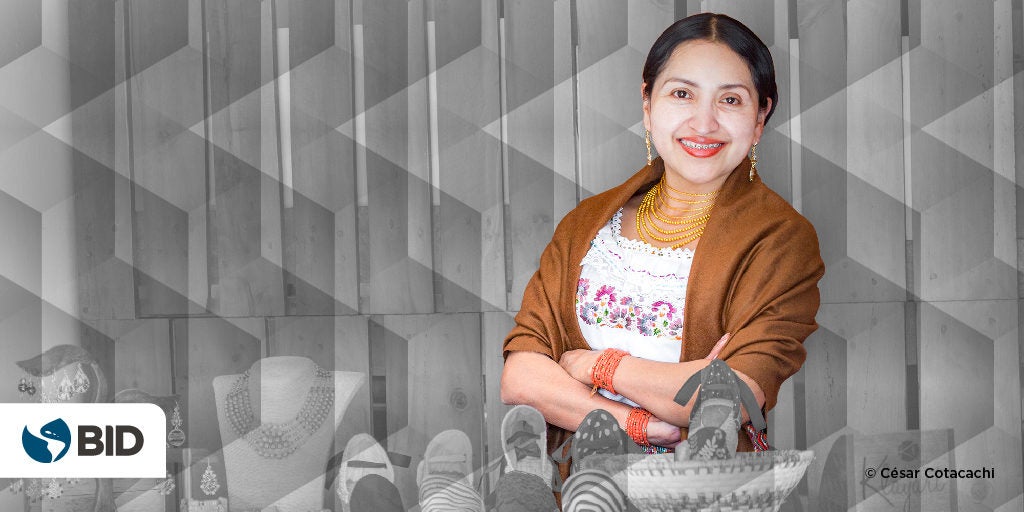The Inter-American Development Bank turns 60 this year. It was born in 1959 with a mandate and a calling: to improve lives for the people of Latin America and the Caribbean by enabling inclusive, equitable development in all its forms. In about half of the countries of the region, the Bank would be eligible to retire and draw a pension —but our work promoting gender equality in … [Read more...] about Six decades! A lot to celebrate but far from done
Reinstating indigenous peoples’ reality as ancestral leaders in economic growth
As the world’s economic activity grows so too does the idea for the benefits of globalisation to be shared more fairly amongst all peoples—including indigenous peoples. However, this requires a change of mind set, not only for non-indigenous peoples but also many indigenous peoples. At i2i Development Global, we recognise that the world’s First Peoples are also the ‘First … [Read more...] about Reinstating indigenous peoples’ reality as ancestral leaders in economic growth
Reinstating indigenous peoples reality as ancestral leaders in economic growth
As the world’s economic activity grows so too does the idea for the benefits of globalisation to be shared more fairly amongst all peoples—including indigenous peoples. However, this requires a change of mind set, not only for non-indigenous peoples but also many indigenous peoples. At i2i Development Global, we recognise that the world’s First Peoples are also the ‘First … [Read more...] about Reinstating indigenous peoples reality as ancestral leaders in economic growth
Restableciendo a los pueblos indígenas como líderes ancestrales del crecimiento económico
A medida que crece la actividad económica mundial, también lo hace la idea de que los beneficios de la globalización se compartan de manera más justa entre todos los pueblos, incluidos los pueblos indígenas. Sin embargo, esto requiere un cambio de mentalidad, no solo para los pueblos no indígenas sino también para muchos pueblos indígenas. En i2i Development Global, reconocemos … [Read more...] about Restableciendo a los pueblos indígenas como líderes ancestrales del crecimiento económico
What works in promoting Indigenous economic development
Today, on International Day of the World’s Indigenous People, a spotlight shines on 370 million peoples living across 90 countries. It is a time to recognize their achievements and contributions, and a time to highlight the need to promote and protect their rights and territories. It is also an opportunity to reflect on how to boost their economic development and promote their … [Read more...] about What works in promoting Indigenous economic development



